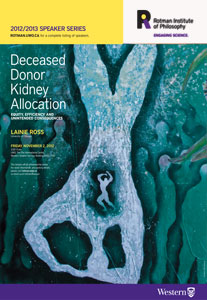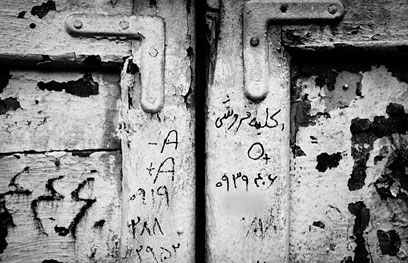Here's the question on the ballot:
This proposed law would allow a physician licensed in Massachusetts to prescribe medication, at a terminally ill patient’s request, to end that patient’s life. To qualify, a patient would have to be an adult resident who (1) is medically determined to be mentally capable of making and communicating health care decisions; (2) has been diagnosed by attending and consulting physicians as having an incurable, irreversible disease that will, within reasonable medical judgment, cause death within six months; and (3) voluntarily expresses a wish to die and has made an informed decision. The proposed law states that the patient would ingest the medicine in order to cause death in a humane and dignified manner.
The proposed law would require the patient, directly or through a person familiar with the patient’s manner of communicating, to orally communicate to a physician on two occasions, 15 days apart, the patient’s request for the medication. At the time of the second request, the physician would have to offer the patient an opportunity to rescind the request. The patient would also have to sign a standard form, in the presence of two witnesses, one of whom is not a relative, a beneficiary of the patient’s estate, or an owner, operator, or employee of a health care facility where the patient receives treatment or lives.
The proposed law would require the attending physician to: (1) determine if the patient is qualified; (2) inform the patient of his or her medical diagnosis and prognosis, the potential risks and probable result of ingesting the medication, and the feasible alternatives, including comfort care, hospice care and pain control; (3) refer the patient to a consulting physician for a diagnosis and prognosis regarding the patient’s disease, and confirmation in writing that the patient is capable, acting voluntarily, and making an informed decision; (4) refer the patient for psychiatric or psychological consultation if the physician believes the patient may have a disorder causing impaired judgment; (5) recommend that the patient notify next of kin of the patient’s intention; (6) recommend that the patient have another person present when the patient ingests the medicine and to not take it in a public place; (7) inform the patient that he or she may rescind the request at any time; (8) write the prescription when the requirements of the law are met, including verifying that the patient is making an informed decision; and (9) arrange for the medicine to be dispensed directly to the patient, or the patient’s agent, but not by mail or courier.
The proposed law would make it punishable by imprisonment and/or fines, for anyone to (1) coerce a patient to request medication, (2) forge a request, or (3) conceal a rescission of a request. The proposed law would not authorize ending a patient’s life by lethal injection, active euthanasia, or mercy killing. The death certificate would list the underlying terminal disease as the cause of death.
Participation under the proposed law would be voluntary. An unwilling health care provider could prohibit or sanction another health care provider for participating while on the premises of, or while acting as an employee of or contractor for, the unwilling provider.
The proposed law states that no person would be civilly or criminally liable or subject to professional discipline for actions that comply with the law, including actions taken in good faith that substantially comply. It also states that it should not be interpreted to lower the applicable standard of care for any health care provider.
A person’s decision to make or rescind a request could not be restricted by will or contract made on or after January 1, 2013, and could not be considered in issuing, or setting the rates for, insurance policies or annuities. Also, the proposed law would require the attending physician to report each case in which life-ending medication is dispensed to the state Department of Public Health. The Department would provide public access to statistical data compiled from the reports.










